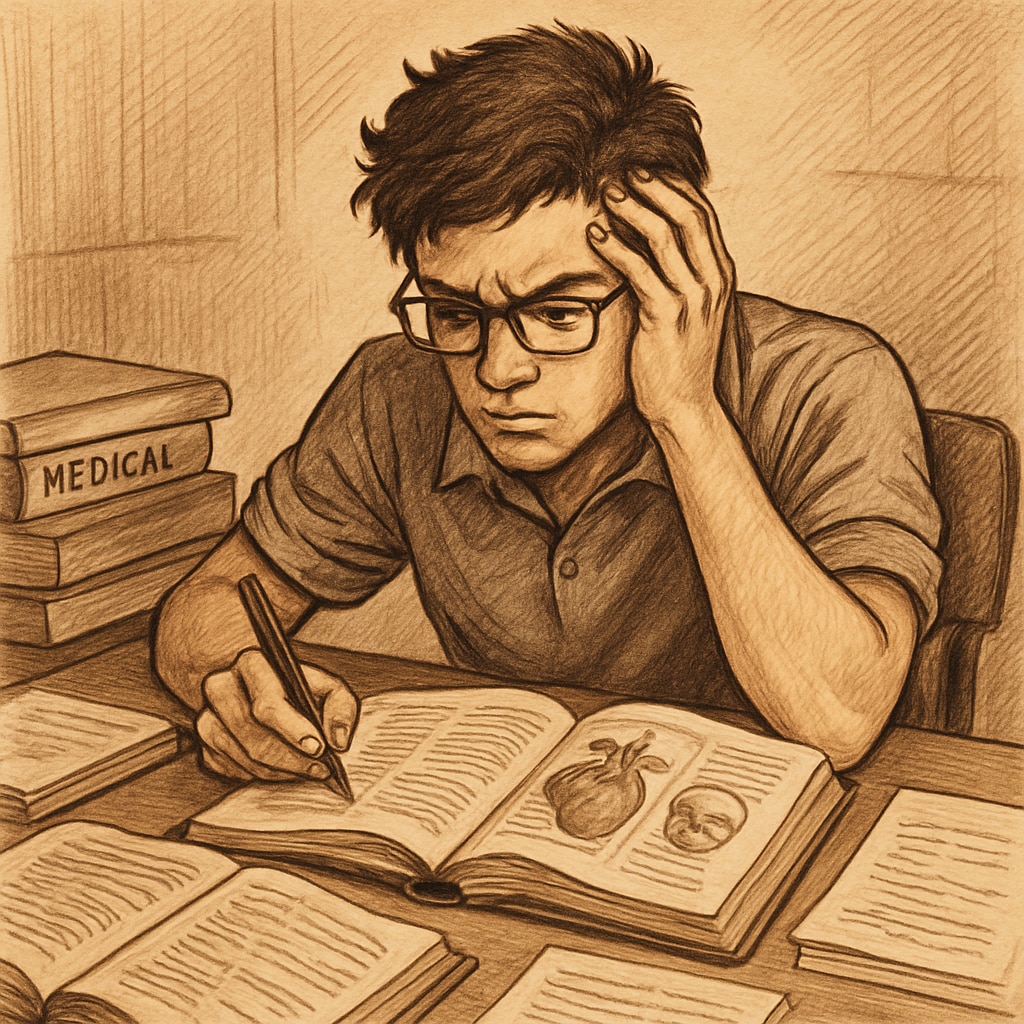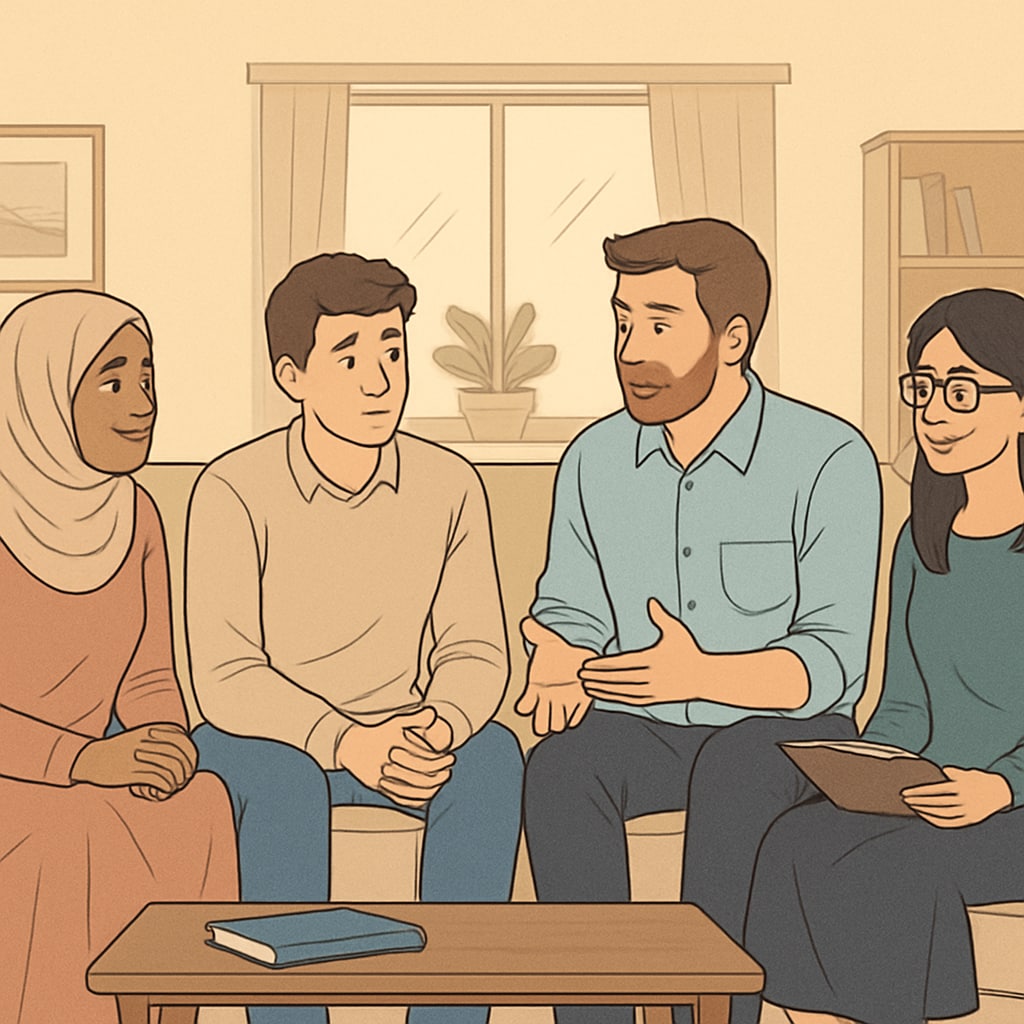Students with learning disabilities often grapple with the complexities of educational challenges while aspiring for ambitious goals such as pursuing a medical career. Coupled with the weight of family expectations, this journey can feel overwhelming but not impossible. These dual pressures highlight the need for recognizing systemic educational barriers and developing strategies tailored to individual strengths and circumstances.
Understanding the Intersection of Learning Disabilities and Ambitious Dreams
Learning disabilities, including dyslexia, ADHD, and processing disorders, can create significant hurdles in traditional educational environments. For students dreaming of careers in medicine—a field that demands rigorous academic preparation and consistent performance—the struggle is even more pronounced. As a result, many students face self-doubt and fear of failure, compounded by societal and familial pressures to excel.
Moreover, the structure of most educational systems often fails to accommodate diverse learning needs. For example, standardized testing and rigid curricula disproportionately disadvantage students with disabilities. This lack of adaptability can make it difficult for such individuals to thrive academically, let alone in highly competitive fields like medicine.

The Role of Family Expectations in Shaping Career Paths
Family expectations frequently amplify the stress experienced by students with learning disabilities. Parents often view medicine as a prestigious and stable career, putting immense pressure on their children to succeed in this field. While these expectations stem from a place of love and concern, they can inadvertently overshadow a student’s unique capabilities and interests.
For instance, a student might feel torn between wanting to fulfill their family’s wishes and recognizing their own limitations. This internal conflict can lead to burnout, anxiety, and even a sense of failure if the desired academic standards are not met. Therefore, open communication within families is essential to balance aspirations and realistic goals.

Practical Strategies for Navigating Challenges
Despite the obstacles, students with learning disabilities can achieve success in medicine—or other fields they aspire to—by employing targeted strategies. Here are some practical approaches:
- Leverage accommodations: Many educational institutions offer accommodations, such as extended test time or assistive technology. Students should actively utilize these resources to level the playing field.
- Seek mentorship: Connecting with mentors who understand both the medical field and learning disabilities can provide invaluable guidance and encouragement.
- Embrace alternative pathways: Not all medical careers require the same academic rigor. Fields like medical technology or healthcare administration may offer fulfilling alternatives.
- Focus on self-advocacy: Learning to advocate for oneself is critical. Whether requesting accommodations or conveying personal needs to family members, clear communication can mitigate unnecessary stress.
In addition, fostering resilience and adaptability is key. By reframing challenges as opportunities to develop unique problem-solving skills, students can turn their disabilities into strengths that set them apart in their chosen field.
Reimagining Success: Beyond Conventional Standards
Success in medicine—or any career—is not a one-size-fits-all concept. For students with learning disabilities, redefining success to align with their abilities and interests is crucial. Achieving a fulfilling career may involve choosing less conventional roles, embracing innovative approaches, or focusing on interdisciplinary fields.
Educational systems also play a pivotal role in this process. Institutions must prioritize inclusivity by adapting curricula, offering personalized learning plans, and fostering environments where diverse learners can thrive. By addressing these structural issues, society can empower all students to pursue their dreams without compromising their well-being.
Ultimately, overcoming barriers requires a combination of self-awareness, family support, and systemic change. With the right resources and mindset, students with learning disabilities can navigate their unique challenges and achieve their aspirations in the medical field or beyond.
Readability guidance: Use short, focused paragraphs and lists to summarize key points. Incorporate transition words to ensure smooth flow between ideas. Avoid excessive passive voice or overly complex sentence structures.


